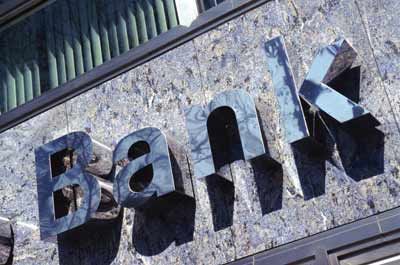You've probably heard of offshore bank accounts and Swiss bank accounts. You may have heard there’s great wealth to be found in these foreign bank investments. But what's really so special about these esoteric banking opportunities?
An international bank is a financial entity that offers financial services, such as payment accounts and lending opportunities, to foreign clients. These foreign clients can be individuals and companies, though every international bank has its own policies outlining with whom they do business.
Advertisement
According to OCRA Worldwide -- an organization that matches people and companies to international banking -- international banks tend to offer their services to companies and to fairly wealthy individuals, i.e., people with $100,000 and counting [source: OCRA]. But plenty of international banks, particularly Swiss banks, open their doors to customers of any income bracket [source: Obringer].
Companies do business with international banks to help facilitate international business, the complexities of which can be quite costly.
Individuals work with international banks for a number of reasons, including tax avoidance, probably the term you've heard the most in relation to offshore banking. Tax avoidance isn't necessarily illegal, as you will learn on the pages that follow. But there are plenty of other hazards in international banking.
First we'll look at some reasons for banking internationally.
Advertisement




